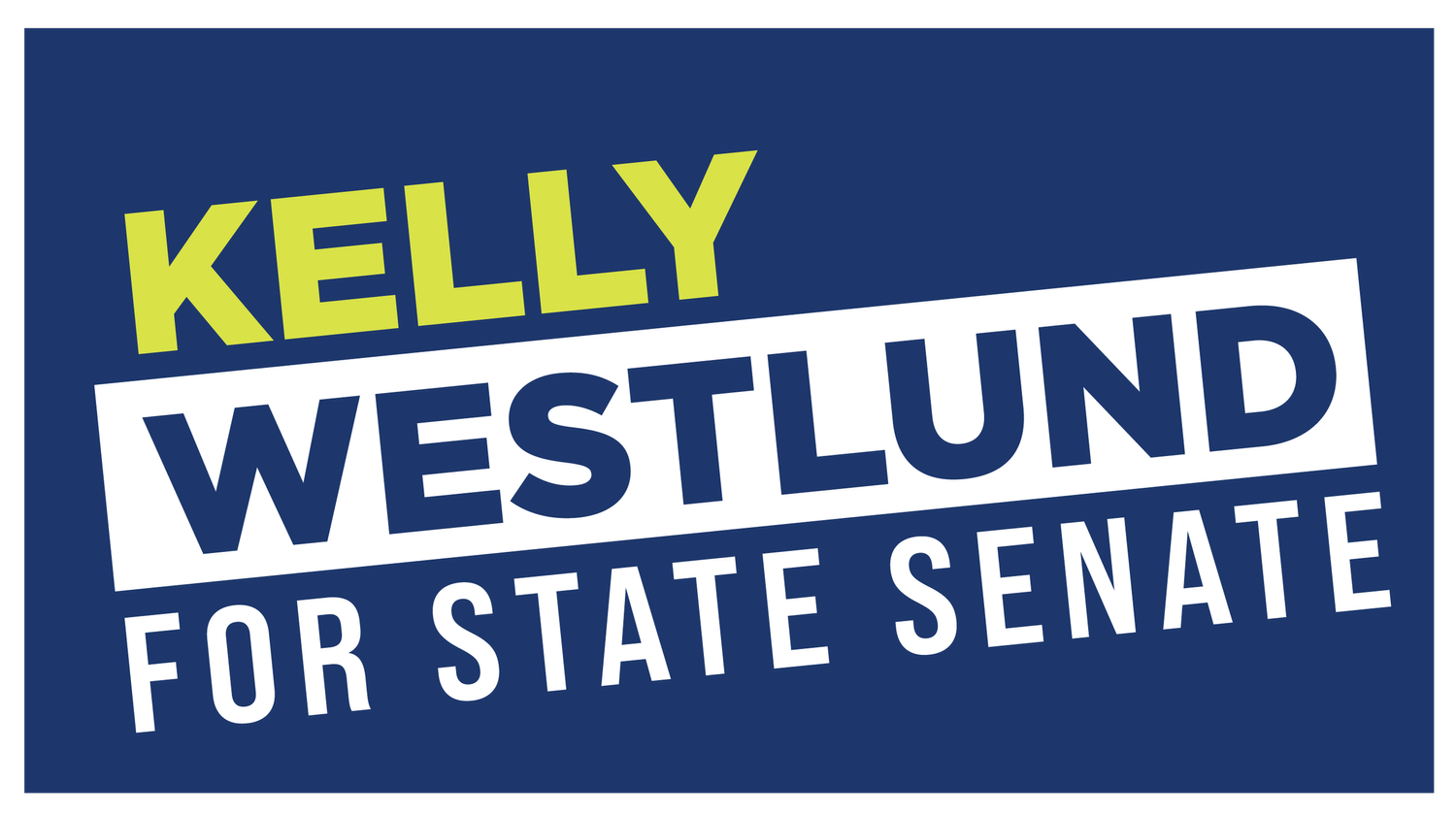For nearly a decade before Governor Evers took office, college students in Wisconsin have seen stagnant or declining investment in state financial aid. This means that students and their families have to pay more out of pocket for their educational opportunities, including the training they need to fill the skills gap and contribute to our broader economy.
Even with the recently-extended tuition freeze for in-state students at University of Wisconsin system schools, there is little support for students who attend private colleges, technical schools, or tribal schools. Wisconsin continues to trail other states in how much support it offers to those seeking post-K-12 education, spending about half the national average on student financial aid.
With the current budget surplus, Wisconsin is in the best position in years to increase student financial aid and reduce the overall expense to students and their families. The state legislature ought to consolidate the various programs offered through state agencies so that students and parents can more easily access those funds via a one-stop-shop. Expanding Bucky’s Tuition Promise to include public and tribal schools outside of the UW system, an idea proposed by former Republican Governor Tommy Thompson, would put post-secondary education within reach for Wisconsin residents whose annual household income is less than $60,000 per year.
For certain crucial sectors struggling to find workers (health care and education, for example), we ought to examine the possibility of tuition refunds for those who stay in Wisconsin and commit to a number of years of service in their field.
Given the number of employers across Wisconsin that are in need of skilled workers, we also have an unprecedented opportunity to support apprenticeship programs. Bringing our employers, labor unions, and technical colleges together to train workers on the job will help keep young people closer to home and support our local businesses. This is especially beneficial in rural communities because workers will be able to learn valuable skills while they earn an income and build their careers for the future.
